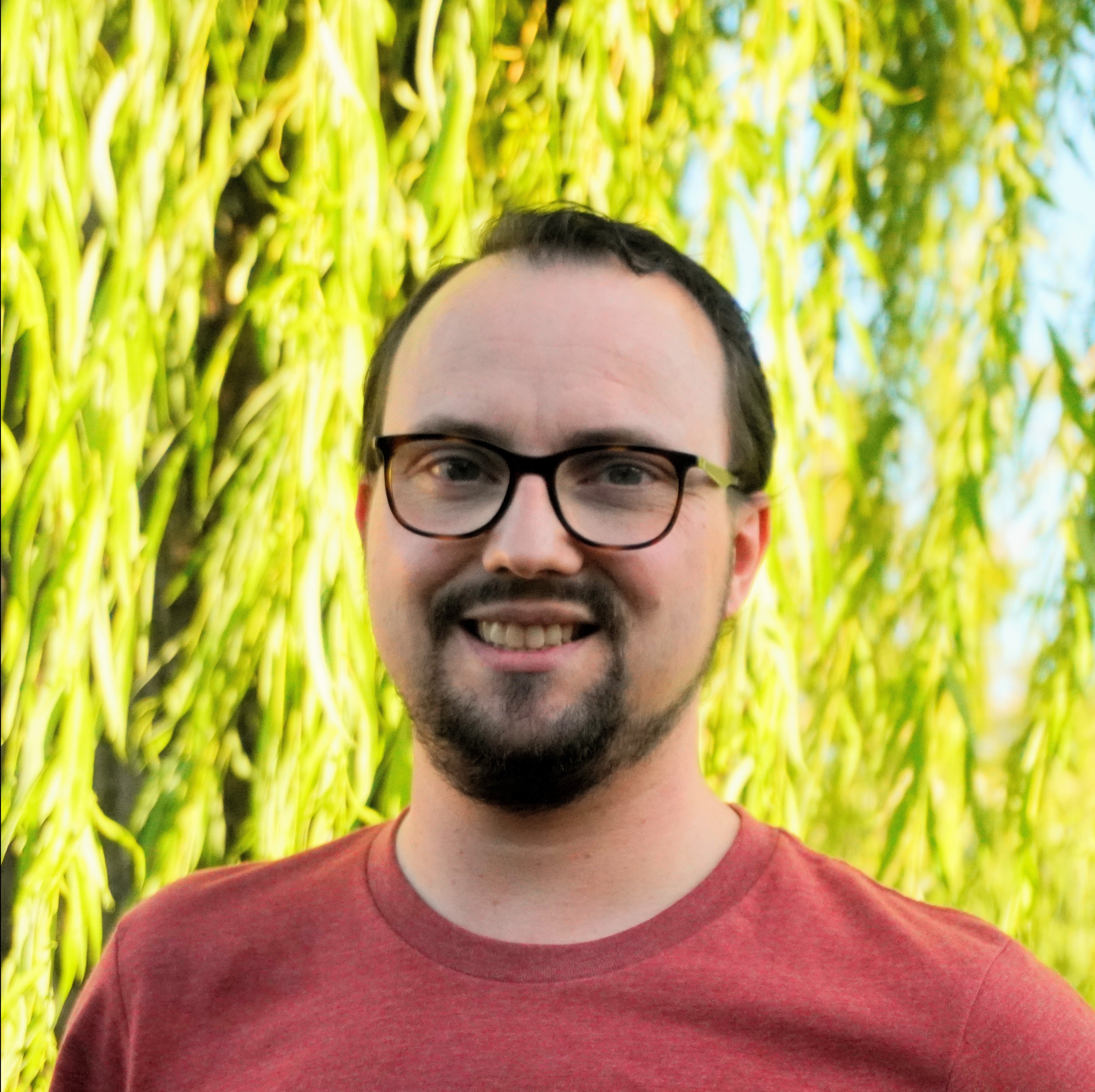Publications
A comprehensive overview including citation counts can be found on my Google Scholar profile. Some of my work has been featured in the media, see here.
Selected Publications
- M. Dawood, B. Heavner, M.M. Wheeler, R.A. Ungar, J. LoTempio, L. Wiel, et al. GREGoR: Accelerating Genomics for Rare Diseases. Nature, November 2025
- L. Wiel*, J.E Hampstead*, et al. de novo mutation hotspots in homologous protein domains identify function-altering mutations in neurodevelopmental disorders. The American Journal of Human Genetics, January 2023
- J. Kaplanis*, K.E. Samocha*, L. Wiel*, Z. Zhang*, et al. Evidence for 28 genetic disorders discovered by combining healthcare and research data. Nature, Oct 2020
- L. Wiel, et al. MetaDome: Pathogenicity analysis of genetic variants through aggregation of homologous human protein domains. Human Mutation, May 2019.
- L. Wiel, et al. Aggregation of population‐based genetic variation over protein domain homologues and its potential use in genetic diagnostics. Human Mutation, November 2017.
- S.H. Lelieveld*, L. Wiel*, et al. Spatial clustering of de novo missense mutations identifies candidate neurodevelopmental disorder-associated genes. The American Journal of Human Genetics, September 2017.
- L. Wiel, T. Heskes, E. Levin. KeCo: Kernel-Based Online Co-agreement Algorithm. Discovery Science, October 2015.
* authors contributed equally
2025
- M. Dawood, B. Heavner, M.M. Wheeler, R.A. Ungar, J. LoTempio, L. Wiel, et al. GREGoR: Accelerating Genomics for Rare Diseases. Nature, November 2025
- I.B. Cooperstein, et al. An optimized variant prioritization process for rare disease diagnostics: recommendations for Exomiser and Genomiser. Genome Medicine, October 2025
- M.T Arriaga, et al. Transcriptome-wide outlier approach identifies individuals with minor spliceopathies. American Journal of Human Genetics, September 2025
- S.N. Kobren, et al. Joint, multifaceted genomic analysis enables diagnosis of diverse, ultra-rare monogenic presentations. Nature Communications, August 2025
- Y. Yamamoto, et al. Scaled multidimensional assays of variant effect identify sequence-function relationships in hypertrophic cardiomyopathy. bioRxiv preprint, May 2025
2024
- J.X. Chong, et al. Considerations for reporting variants in novel candidate genes identified during clinical genomic testing. Genetics in Medicine, October 2024.
- V.D. Nair, et al. Molecular adaptations in response to exercise training are associated with tissue-specific transcriptomic and epigenomic signatures. Cell Genomics, May 2024.
- D. Amar, et al. The mitochondrial multi-omic response to exercise training across rat tissues. Cell Metabolism, May 2024.
2023
- L. Wiel*, J.E Hampstead*, et al. de novo mutation hotspots in homologous protein domains identify function-altering mutations in neurodevelopmental disorders. The American Journal of Human Genetics, January 2023
- D.S. Kim*, L. Wiel*, E.A. Ashley. Mind the Gap: The Complete Human Genome Unlocks Benefits for Clinical Genomics. Clinical Chemistry, January 2023.
- T. Li*, N Ferraro* et al. The functional impact of rare variation across the regulatory cascade. Cell Genomics, October 2023.
- M.H. Wojcik, et al. Beyond the exome: What’s next in diagnostic testing for Mendelian conditions. The American Journal of Human Genetics, August 2023.
2021
- J. den Hoed*, E. de Boer*, N. Voisin*, et al. Mutation-specific pathophysiological mechanisms define different neurodevelopmental disorders associated with SATB1 dysfunction. The American Journal of Human Genetics, February 2021.
2020
- J. Kaplanis*, K.E. Samocha*, L. Wiel*, Z. Zhang*, et al. Evidence for 28 genetic disorders discovered by combining healthcare and research data. Nature, Oct 2020
- M.J. Nabais Sá, et al. De novo CLTC variants are associated with a variable phenotype from mild to severe intellectual disability, microcephaly, hypoplasia of the corpus callosum, and epilepsy. Genetics in Medicine, April 2020.
- M.J. Nabais Sá, et al. De Novo Variants in SPOP Cause Two Clinically Distinct Neurodevelopmental Disorders. The American Journal of Human Genetics, March 2020.
2019
- L. Snijders Blok, et al. De novo variants disturbing the transactivation capacity of POU3F3 cause a characteristic neurodevelopmental disorder. The American Journal of Human Genetics, August 2019.
- L. Wiel, et al. MetaDome: Pathogenicity analysis of genetic variants through aggregation of homologous human protein domains. Human Mutation, May 2019.
- I.J. Diets, et al. De Novo and Inherited Pathogenic Variants in KDM3B Cause Intellectual Disability, Short Stature, and Facial Dysmorphism. The American Journal of Human Genetics, April 2019.
2018
- M. Wesdorp, et al. Heterozygous missense variants of LMX1A lead to nonsyndromic hearing impairment and vestibular dysfunction. Human Genetics, May 2018.
2017
- L. Wiel, et al. Aggregation of population‐based genetic variation over protein domain homologues and its potential use in genetic diagnostics. Human Mutation, November 2017.
- S.H. Lelieveld*, L. Wiel*, et al. Spatial clustering of de novo missense mutations identifies candidate neurodevelopmental disorder-associated genes. The American Journal of Human Genetics, September 2017.
- R. van der Lee, L. Wiel, T.J.P. van Dam, M.A. Huynen. Genome-scale detection of positive selection in nine primates predicts human-virus evolutionary conflicts. Nucleic Acids Research, August 2017.
2015
- L. Wiel, T. Heskes, E. Levin. KeCo: Kernel-Based Online Co-agreement Algorithm. Discovery Science, October 2015.
